Mastering Watch Care: Essential Tips for Maintenance and Repair You Should Know
In a world where time ticks away relentlessly, our timepieces often serve as silent companions, marking moments that weave together the fabric of our daily lives. Whether it’s a cherished heirloom passed down through generations or a modern marvel of engineering, a watch is more than just a tool for telling time; it’s a reflection of our style, a testament to craftsmanship, and a potential investment. However, like all valuable possessions, watches require care to ensure they continue to function beautifully and retain their luster over the years.
In this comprehensive guide, we delve into the art of watch care, equipping you with essential tips for maintenance and repair that every watch enthusiast should know. From understanding the intricacies of various mechanisms to mastering proper cleaning techniques, this article will illuminate the path to preserving your timepiece’s integrity and elegance. Join us as we explore the best practices for keeping your watch in pristine condition, allowing it to tick on for many more years to come.

Understanding Your Timepiece Anatomy for Better Maintenance
To truly appreciate and maintain your timepiece, it’s essential to familiarize yourself with its intricate components. A watch is a symphony of parts, working harmoniously to measure time accurately. Here are some key elements that form the foundation of your watch’s anatomy:
- Movement: The heart of the watch, responsible for timekeeping.
- Crystal: The glass that protects the dial and keeps the mechanisms safe.
- Dial: The face of the watch where time is displayed, often featuring indices and hands.
- Crown: The knob used for setting the time and date, often a point of wear.
- Case: The outer shell protecting the delicate inner workings.
Understanding these components enables you to spot potential issues before they escalate. For instance, if you notice moisture under the crystal, it may indicate a weakening seal, requiring prompt attention. Incorporating regular maintenance practices like cleaning, oiling, and checking for wear can extend the lifespan of your watch. Here’s a simple table summarizing essential maintenance tips:
| Task | Frequency |
|---|---|
| Check water resistance | Annually |
| Clean the case and bracelet | Every few months |
| Service the movement | Every 3 to 5 years |
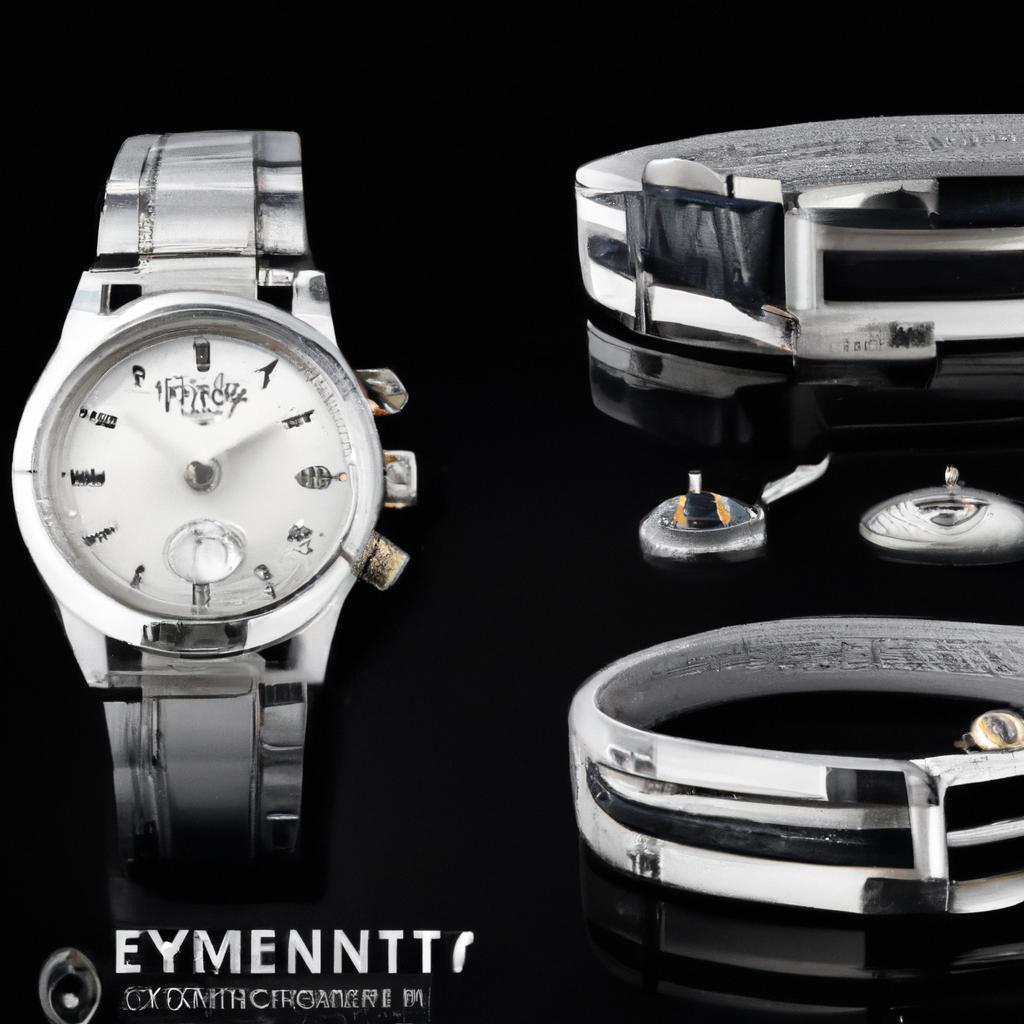
Essential Daily Practices to Keep Your Watch in Pristine Condition
Maintaining your watch’s pristine condition involves a few essential daily practices that ensure its longevity and performance. First and foremost, always handle your watch with clean hands to prevent the transfer of oils and dirt. This small habit can significantly reduce the amount of grime that accumulates on the case and watch face. Additionally, it’s wise to consistently check the clasp and bracelet for any signs of wear. A loose clasp can lead to accidental drops, while tiny scratches can affect the watch’s aesthetics. To protect the glass, consider using a microfiber cloth to gently wipe the surface after daily wear. This helps remove smudges and prevents grime from settling, preserving clarity.
Moreover, be aware of the environment in which you wear your watch. Avoid exposing it to extreme conditions such as excessive heat or moisture, which can damage internal components. If you engage in activities that may lead to perspiration or moisture exposure, consider investing in a water-resistant model. Regularly check for water resistance and have seals and gaskets replaced as needed, especially if your watch has been exposed to water frequently. Incorporating these simple yet effective practices into your daily routine can keep your timepiece looking and functioning as good as new for years to come.

Identifying When to Seek Professional Repair Services
Recognizing the right moment to reach out for professional watch repair services is essential to prolonging the life of your timepiece. Here are some key indicators that it may be time to consult an expert:
- Persistent Issues: If your watch experiences recurring problems, such as stopping or losing time even after new batteries or minor adjustments, don’t ignore the signs.
- Unusual Noises: Mechanical watches should operate quietly. If you hear odd ticking or grinding sounds, it’s an indicator of internal issues.
- Moisture Signs: If your watch has fogged up or moisture is visible under the glass, seek professional help immediately to prevent corrosion.
Additionally, certain situations warrant immediate professional attention to avoid further damage. Consider these circumstances:
- Physical Damage: Cracks in the glass or case can compromise the integrity of the watch; don’t wait for it to worsen.
- Battery Leaks: If you notice a battery leak, contact a repair service promptly to prevent damage to the watch mechanism.
- Strap Replacement: If your watch strap is frayed or broken, a professional can ensure that the replacement does not damage the watch itself.
Concluding Remarks
As we conclude our exploration of watch care, it becomes clear that maintaining and repairing your timepiece is not merely a matter of function, but a celebration of craftsmanship and precision. Just as each tick of the clock bears witness to the passage of time, each act of care and attention you provide prolongs the story that your watch tells. Investing in a few essential maintenance practices and staying informed about repair options can ensure that your beloved chronometer continues to be a reliable companion for years to come.
Remember, your watch is more than just a tool; it is a reflection of your personal style and a repository of memories. By adopting these tips, you not only preserve its beauty and accuracy but also honor the artisanship that went into creating it. So, the next time you glance at your wrist, take a moment to appreciate the harmony of timekeeping—an art that, like you, deserves attentive care. With these insights at your fingertips, go forth and master the art of watch care, ensuring that each moment, both large and small, remains beautifully captured.

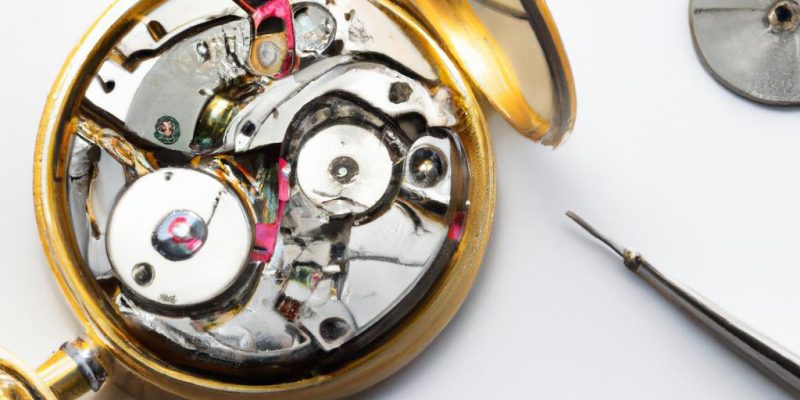

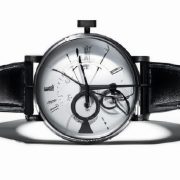













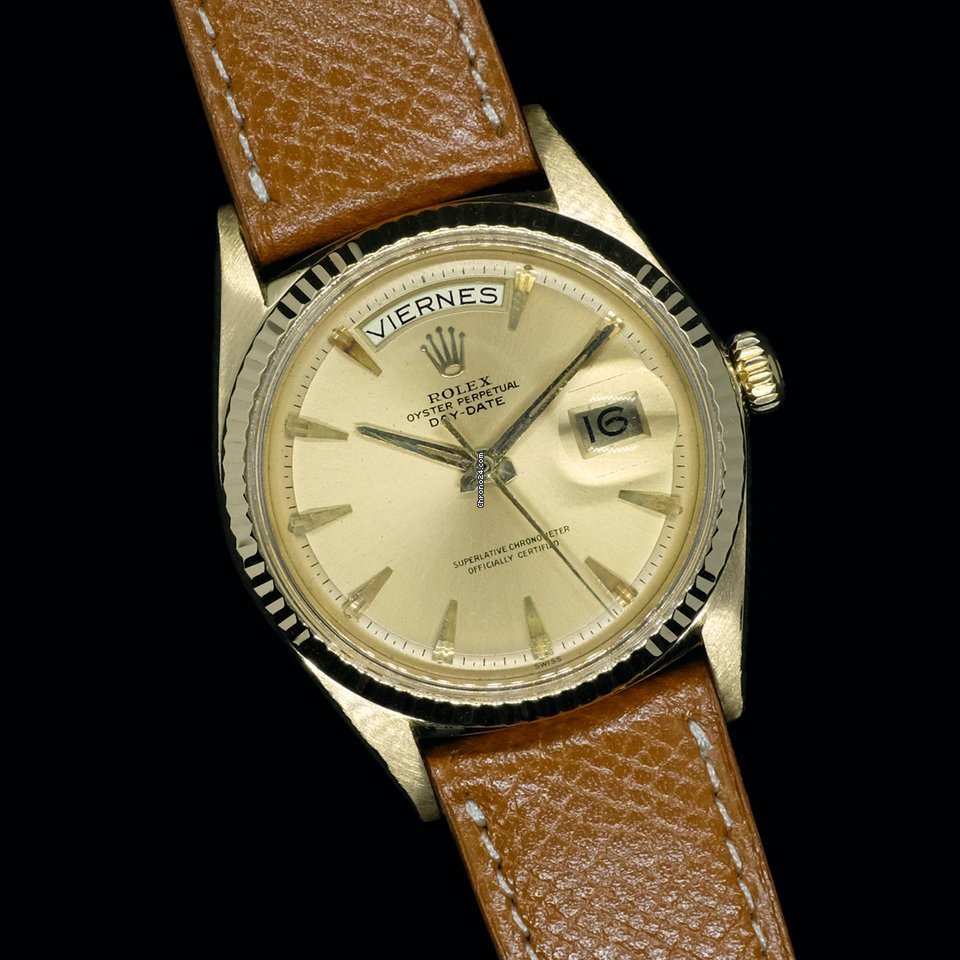
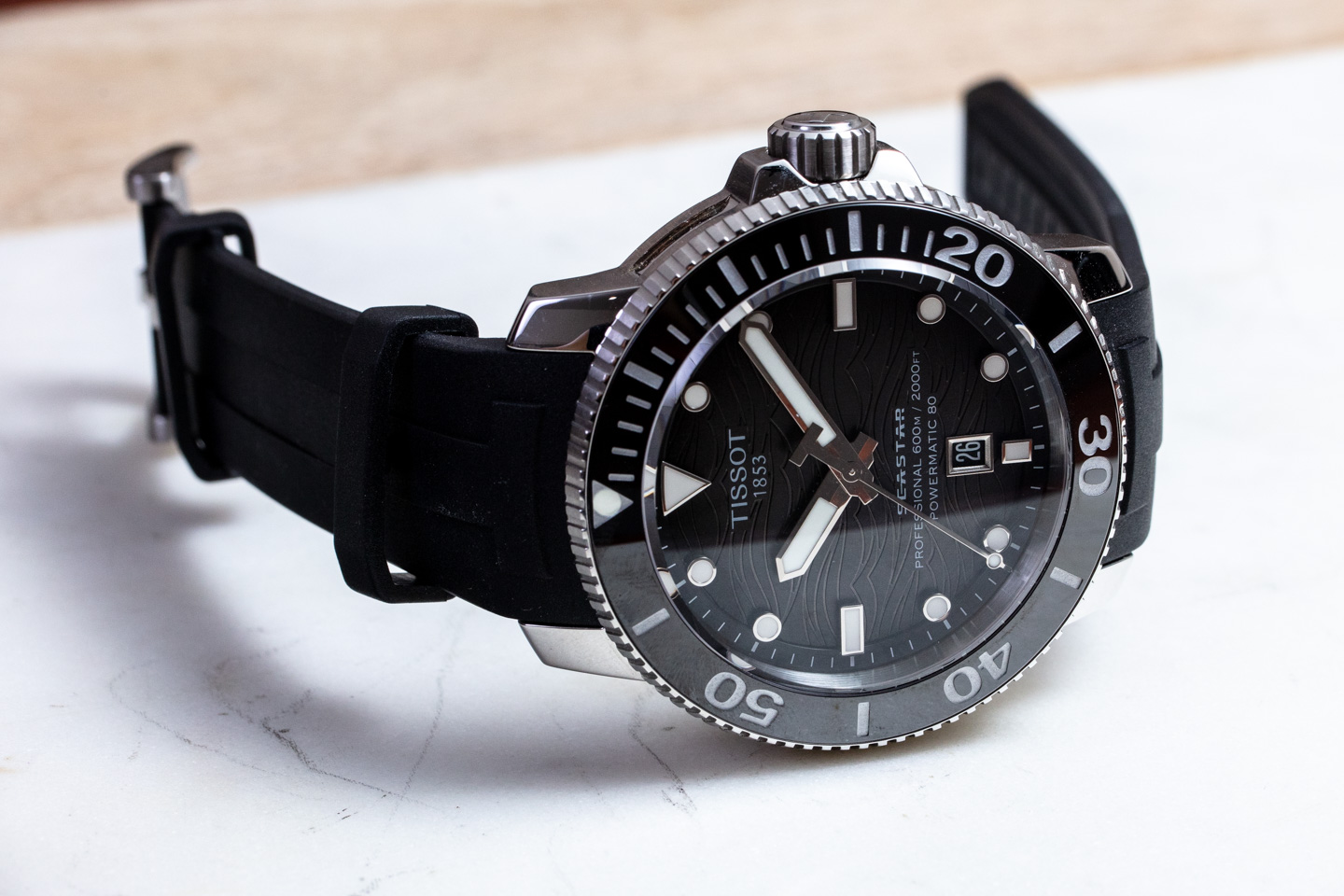




Comments